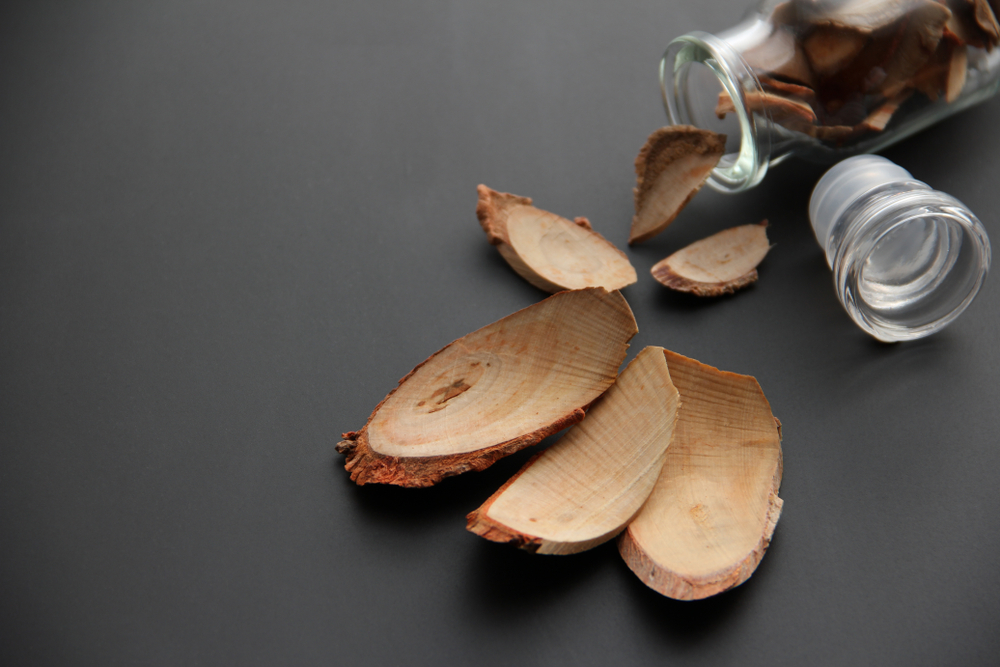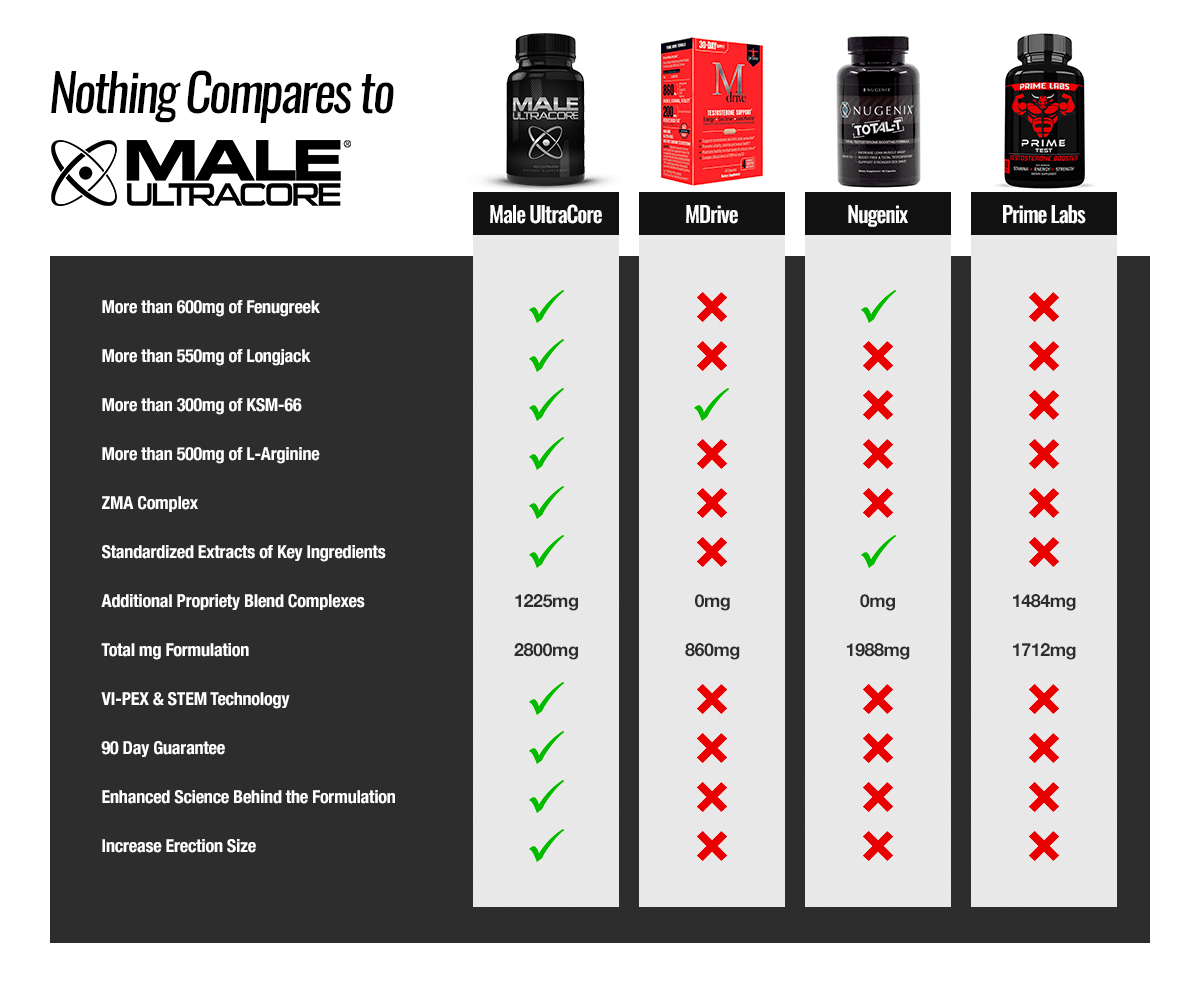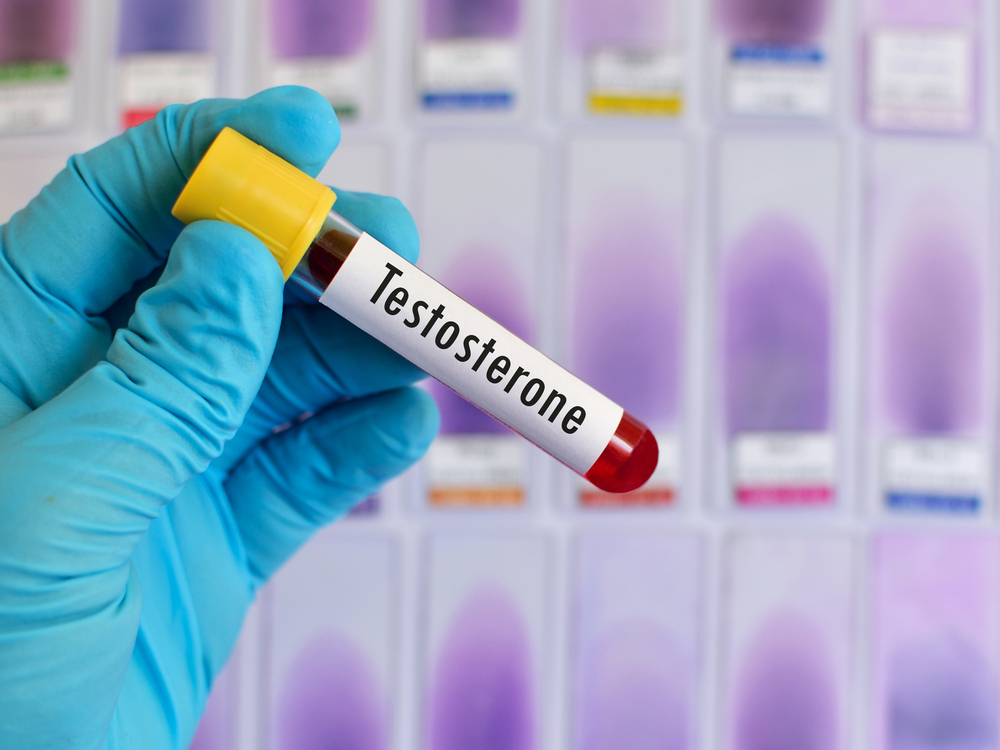It was back in the 70s when people first began to be aware of age-related decline in testosterone levels and the health risks it posed. Since then, awareness about the importance of testosterone has risen significantly, and most men are now aware that when their testosterone levels drop, their sex life and quality of life are bound to suffer.
Nevertheless, not all men know when they’re supposed to have their testosterone levels tested, nor how often they should get their primary androgen levels measured. If you want to know how frequently you should have your testosterone levels tested, read on.
Why Hormonal Balance Is Important
Our bodily functions are mostly controlled by our nervous system, working in close coordination with our endocrine system. Your level of energy, mood, metabolism, sexual development, and sexual function are all regulated by your endocrine system. And testosterone plays a huge role in many of these bodily functions.
Having low testosterone levels mean that there’s a problem with your hormonal balance. It could also be indicative of a problem with your endocrine system such as impaired glands. What’s even more problematic is that having low testosterone levels can cause many problematic symptoms.
What Happens If Your Testosterone Levels Are Low?
Loss of sex drive is one of the most common symptoms of having low testosterone levels. But you’re lucky if that’s the only symptom you’ll ever experience. You’ll also most likely experience a decline in your energy levels, and you’ll lose some muscle and bone mass. The latter is going to be a problem because it can lead to osteoporosis.

However, a lot of men only pay attention to their testosterone levels when they’re already experiencing problems with their erectile function. It’s common knowledge that extremely low testosterone levels can often result in erectile dysfunction. And when you can no longer achieve erections, that means you’ll problems with your sex life, too.
In truth, though, there are many men with low levels of testosterone who don’t experience any noticeable symptoms. That’s also a problem because you won’t be able to have your condition treated unless you have your testosterone levels checked and get yourself diagnosed.
When Should You Have Your Testosterone Levels Tested?
If you’re not feeling any low testosterone-related symptoms such as lack of energy and low sex drive, you can start having your testosterone levels tested as soon as you reach 40 years old. Even if you haven’t reached 40 yet, ask your doctor to order a testosterone test for you if you’re already experiencing certain symptoms.
Measuring your testosterone levels is a relatively straightforward process. All your healthcare provider will need to do is to draw a blood sample from you. That sample will then be analyzed for both your total testosterone levels and free testosterone levels. This is test is typically scheduled in the morning as that’s when testosterone levels are usually the highest.
If your testosterone levels are indeed low, your doctor can start your treatment. Testosterone replacement therapy can help to bring your testosterone levels back to normal, as well as to improve your strength, muscle mass, and libido. In addition, it can also help improve your bone mass and prevent testosterone-related osteoporosis.
If your testosterone replacement therapy has already started, your next testosterone test will depend on your doctor’s orders. Doctors usually schedule regular testosterone tests and follow check-ups for those who are undergoing testosterone replacement therapy. The tests can be as frequent as every three months.
For those who are healthy enough to have testosterone levels within the normal range, how frequently you get yourself tested will depend on you. As you grow older, late-onset hypogonadism is more likely to occur, so you should be vigilant in watching out for the symptoms.
What Is Late-Onset Hypogonadism?
In men who are 45 years old or older, the prevalence of late-onset hypogonadism (LOH) is quite high at around 40%. This is a condition that’s common in aging men and is characterized by low testosterone and at least three sexual symptoms.
If your total testosterone levels are below 300 ng/dL and you are experiencing less frequent sexual thoughts, reduced instances of morning erections, and erectile dysfunction, then you may actually be suffering from late-onset hypogonadism.
Aside from erectile dysfunction, other sexual symptoms associated with LOH include reduced sex drive and decreased ejaculate volume. Non-sexual symptoms include reduced lean body mass, decreased bone density, weakness, fatigue, and increased body fat. You may also experience anemia, profuse sweating, as well as anxiety and depression.
How Can You Raise Your Testosterone Levels?
Not all men who experience low testosterone symptoms have testosterone levels that are clinically acceptable for the diagnosis of late-onset hypogonadism. Some have testosterone levels that hover just above the cut-off. If your case is such, your doctor may refrain from giving you testosterone replacement therapy.
That’s because testosterone treatment isn’t without any considerable risks. For one, it can increase your risk of having an enlarged prostate. Studies also associate testosterone replacement therapy with increased risks of stroke and blood clots.

However, if your doctor doesn’t feel that testosterone treatment is right for you, there are still alternative ways to elevate your testosterone levels. For one, you can take Tongkat Ali supplements to increase your endogenous production of the hormone.
Tongkat Ali has been proven time and again through numerous studies to be effective in promoting testosterone synthesis and raising testosterone levels. This positive effect of Tongkat Ali is largely due to the actions of the antioxidant eurycomanone which is found in Tongkat Ali root extracts.
The fertility-enhancing effects of Tongkat Ali are also due to eurycomanone. The antioxidant compound has also been found to increase spermatogenesis, which means that you’ll have a higher sperm count when you regularly take Tongkat Ali supplements.
Other herbs that have also been scientifically found to have positive effects on testosterone levels include Tribulus Terrestris, fenugreek, and Ashwagandha. Even Horny Goat Weed, the popular natural aphrodisiac, also has testosterone-boosting effects on top of its erection-enhancing properties.
Increase Your Testosterone Levels with Testosterone Boosters
Male UltraCore is a premium testosterone boosting supplement that is designed to maximize test levels, increase your performance and drive, and give you harder and fuller erections. 





